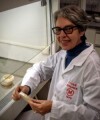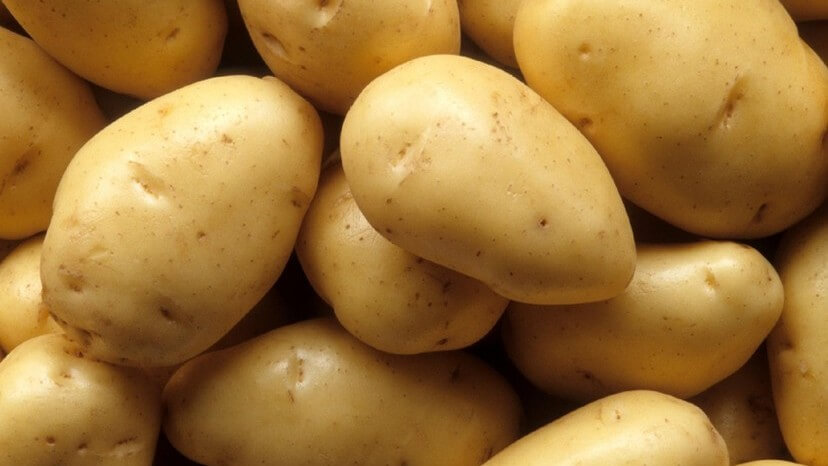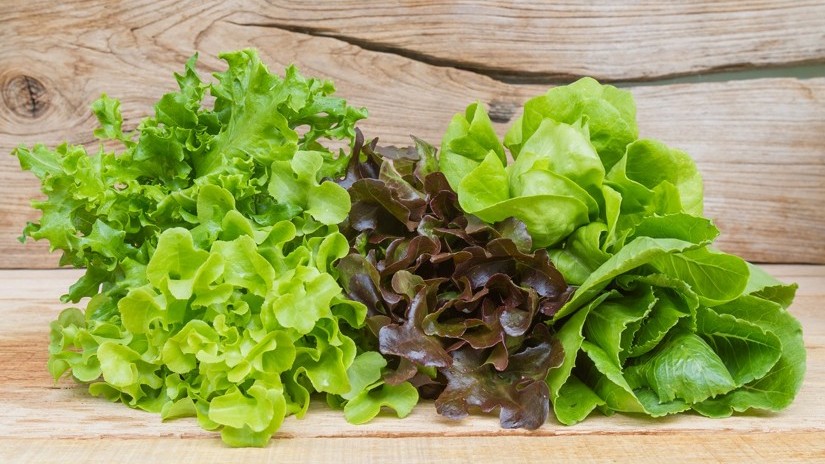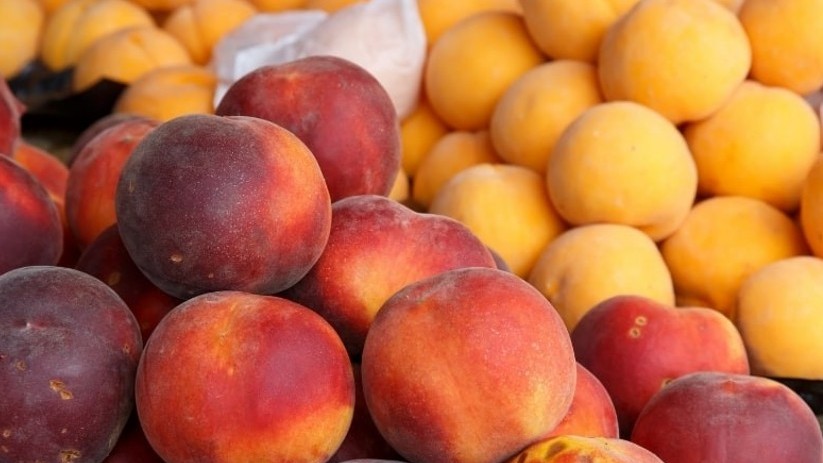News
Caffeic acid treatment improves the postharvest performance of the pear
Postharvest immersion in caffeic acid enhances disease resistance and storage capacity of 'Zaosu' pear by inducing and regulating phenylpropanoid metabolism, proving to be a promising potential for improving infection against A. alternata
The 'Zaosu' pear (Pyrus bretchneideri cv. Zaosu, Rosaceae family) is a hybrid of 'Pingguoli' and 'Mishirazu', widely cultivated in northern China.
Due to its crisp texture, juicy pulp, pleasant aroma, and rich nutrients, this fruit has gained great popularity among consumers. Being an early-maturing variety, it is susceptible to pulp softening and infection by pathogenic fungi. One of the most common postharvest losses of 'Zaosu' pears is deterioration caused by the fungus Alternaria alternata, mainly through latent spores.
Furthermore, toxins produced by Alternaria species, such as alternariol monomethyl ether, alternariol, altenuene, tenuazonic acid, and tentoxin, pose risks to human health.
Alternaria Control
Currently, effective prevention and control of postharvest fruit rot by Alternaria still largely rely on the use of synthetic chemicals, posing a significant risk to consumer health and food safety. Therefore, the use of eco-friendly exogenous substances to induce disease resistance has been developed as a safe and common measure to control postharvest deterioration of horticultural products.
The phenylpropanoid metabolism plays a crucial role in both defense against phytopathogen invasion and maintenance of postharvest fruit and vegetable storage quality.
Caffeic acid, a safe and naturally occurring phenolic compound generated through phenylpropanoid metabolism, not only exhibits antioxidant and antimicrobial properties but also has the ability to induce disease resistance in horticultural products.
Positive Effects of Caffeic Acid
Recent studies have shown that exogenous application of caffeic acid enhances resistance against A. alternata and thus the storage capacity of 'Zaosu' pears, which is attributed to the induction of phenylpropanoid metabolism.
The results demonstrate that postharvest immersion in caffeic acid effectively inhibits spore germination and colony diameter of Alternaria alternata; it also delays weight loss and pulp firmness decrease while increasing total soluble solids content.
Furthermore, treatment with caffeic acid enhances enzymatic activities and genetic transcription levels of a number of enzymes that catalyze the synthesis of various flavonoid compounds and total phenolic compounds.
Source
Guo, Y.; Li, C.; Wang, M.; Xu, H.; Zhang, S.; Liu, J.; Jin, Y.; Ge, Y. (2024). Postharvest caffeic acid dipping enhances disease resistance and storage capacity of ‘Zaosu’ pear fruit via regulating phenylpropane metabolism. Postharvest Biology and Technology, 209:112716.
Image Link Accessed on 03/19/2024.













